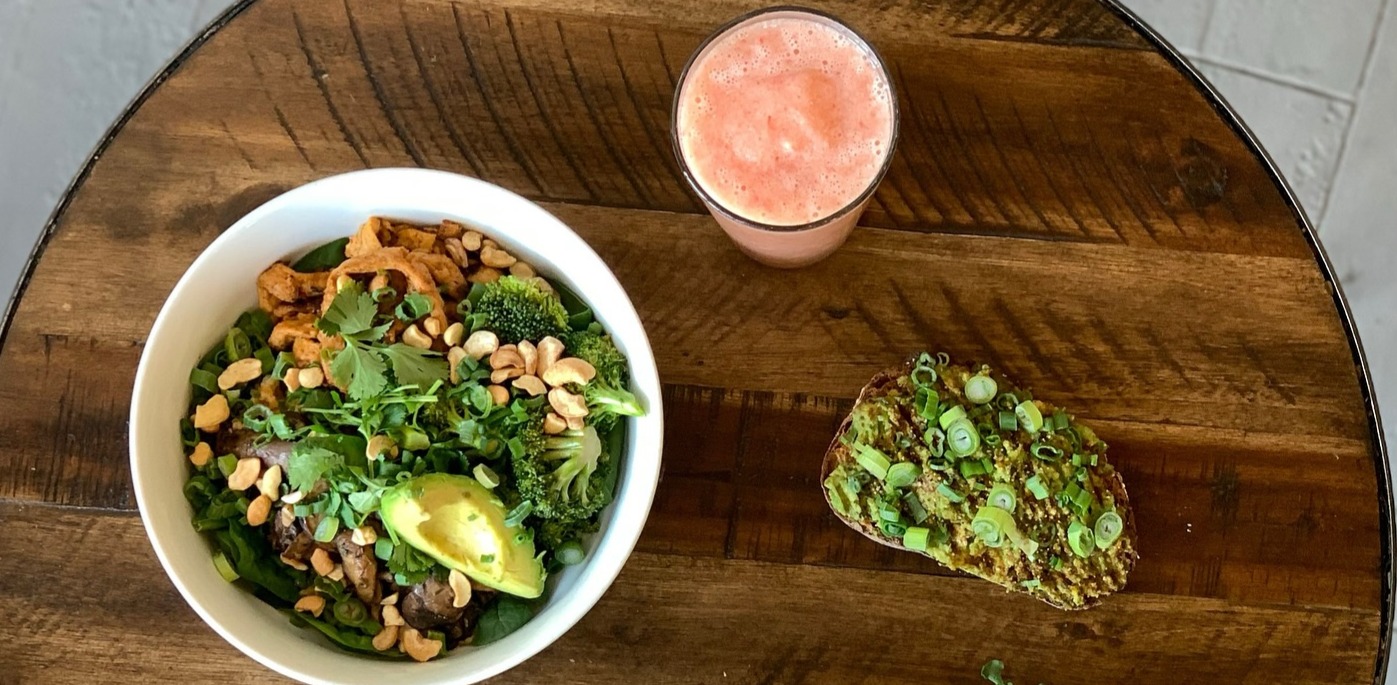Are You an Abstainer or Moderator?

Are you the type to eat just one block off the chocolate bar and put it away, or will you stop until you take a bite of your favorite treat? Are you an abstainer or a moderator? When it comes to nutrition and maintaining a healthy lifestyle, people tend to fall into one of two categories: abstainers or moderators. Understanding which approach works best for you can make achieving your health and fitness goals much easier and more sustainable.
Are You an Abstainer or Moderator? – What’s the Difference?
Abstainers:
Thrive on an all-or-nothing mindset. They find it easier to completely eliminate certain foods rather than trying to consume them in small amounts. For example, if they start eating cookies, they may struggle to stop at just one, so avoiding them entirely helps them stay on track. If they eat a few chips, they may eat the entire bag. Or if they have one glass of wine, they may lose restraint and drink in excess.
Moderators:
Can enjoy small portions of treats without feeling the need to overindulge. They believe all foods are ok in moderation. Moderators easily stop at just one bite, one handful, one piece, one drink, or one portion. They prefer flexibility over restriction and can balance occasional indulgences without negatively impacting their progress. Moderators may find it easier to enjoy some of the things they love to avoid feelings of deprivation and potential future binges.
It is important to understand your personality and your past behaviors to determine whether you should completely avoid certain food items or allow yourself small indulgences.
How Should Abstainers Approach Nutrition?
If you identify as an abstainer, setting clear boundaries will help you succeed.
 Optimize Your Approach
Optimize Your Approach
Identify trigger foods – If certain foods lead to binge eating, it may be best to avoid them altogether.
Find satisfying swaps – Replace problematic foods with healthier versions that will satisfy a craving without derailing your goals.
Use a structured meal plan – Sticking to a nutrition plan can help prevent impulsive eating decisions.
Avoid temptation – Keep trigger foods out of your home, car, and workplace to remove easy access. Make it a challenge to seek out the items that have caused you issues in the past.
Reframe your mindset – Rather than feeling deprived, focus on the benefits of avoiding foods that don’t serve your goals. Remind yourself that saying no to something that you know doesn’t help you achieve your best, actually makes you physically and mentally stronger.
How Should Moderators Approach Nutrition?
If you can handle moderation, allowing some flexibility can help you maintain a healthy balance.
Stay On Track
Follow the 80/20 rule – Eat healthier, nutrient-dense foods 80% of the time while allowing occasional treats.
Portion control is key – Pre-portion snacks instead of eating straight from the package to assure you don’t over consume.
Taste every bite – Eat slowly and mindfully, enjoying the flavors and textures so that you feel satisfied with less.
Listen to your body – Learn when you’re truly hungry versus when you’re eating out of habit or emotion.
Neither approach is better than the other—it’s about what works best for your personality, behaviors, and habits. By recognizing whether you’re an abstainer or a moderator, you can develop a nutrition strategy that aligns with your natural tendencies, making long-term health and fitness success much more attainable!
Yours in health & fitness,
Sherri McMillan
